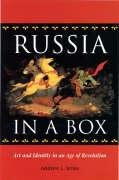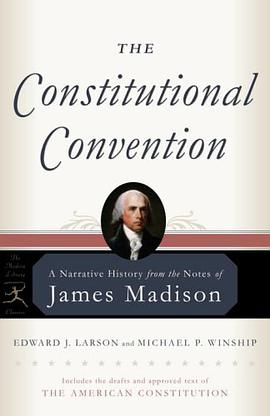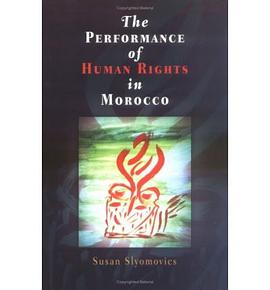

具体描述
What did it mean to be Russian as the imperial era gave way to Soviet rule? Andrew Jenks turns to a unique art form produced in the village of Palekh to investigate how artists and craftsmen helped to reshape Russian national identity. "Russia in a Box" follows the development of Palekh art over two centuries as it adapted to dramatic changes in the Russian nation. As early as the sixteenth century, the peasant "masters" of Palekh painted religious icons. It was not until Russia's victory over Napoleon in 1814, however, that the village gained widespread recognition for its artistic contributions. That same year, the poet Goethe's discovery of the works of Palekh artists and craftsmen spurred interest in preserving the sacred art. The religious icons produced by Palekh masters in the nineteenth century became a source of Russian national pride. By the 1880s, some artists began to foresee their future as secular artists - a trend that was ensured by the Bolshevik Revolution. Tolerated and sometimes even encouraged by the new regime, the Palekh artists began to create finely decorated lacquer boxes that portray themes from fairy tales and idealized Russian history in exquisite miniatures. A new medium with new subject matter, these lacquer boxes became a symbol of Russian identity during the 1920s. Palekh art endured varying levels of acceptance, denial, state control, and reliance on market-driven forces. What began as the art form of religious iconic painting, enduring for more than two centuries, was abruptly changed by the revolutionaries. Throughout the twentieth century the fate of Palekh art remained in question as Russia's political and cultural entities struggled for dominance. Ultimately capitalism and the Palekhian masters were victorious, and the famed lacquer boxes continue to be a source of Russian identity and pride.
作者简介
目录信息
读后感
评分
评分
评分
评分
用户评价
相关图书
本站所有内容均为互联网搜索引擎提供的公开搜索信息,本站不存储任何数据与内容,任何内容与数据均与本站无关,如有需要请联系相关搜索引擎包括但不限于百度,google,bing,sogou 等
© 2026 book.quotespace.org All Rights Reserved. 小美书屋 版权所有




















